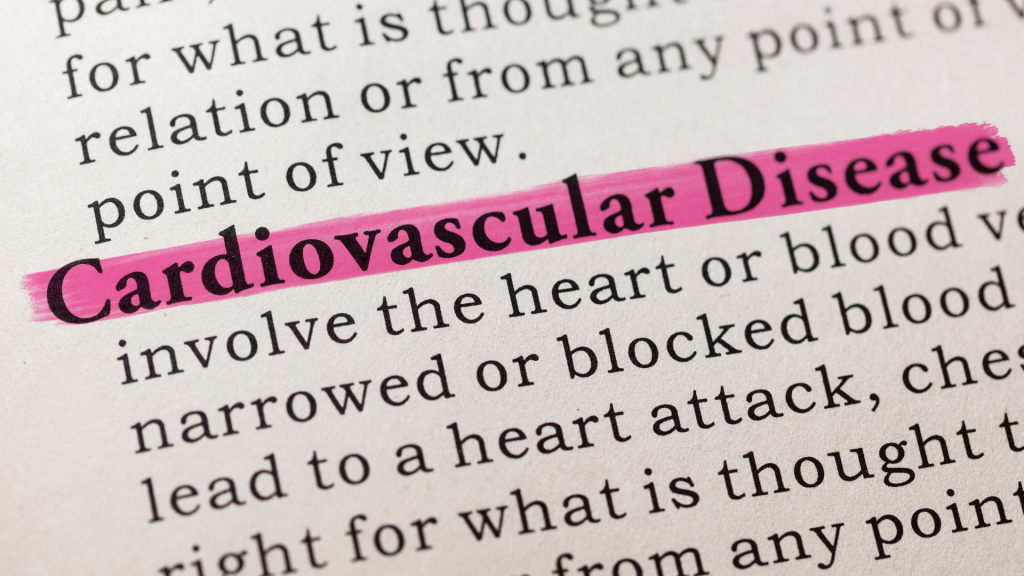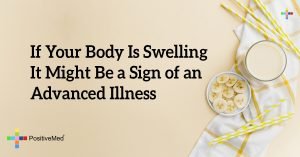
Emerging research suggests that the timing of our meals may be a crucial factor in cardiovascular health. A study, detailed in the journal Nature Communications, highlights that consuming the first and last meals of the day within specific time frames could significantly reduce the risk of cardiovascular diseases. Examining data from over 100,000 adults, the study underscores the importance of temporal eating patterns and their intricate connection to overall well-being.
1. Unraveling Meal Timing and Cardiovascular Risk:
In a comprehensive analysis of data from the NutriNet-Santé study involving 103,389 adults, researchers explored the correlation between meal timing and cardiovascular disease risk. The study utilized medical records from the UK Biobank database, shedding light on the impact of when we eat on our heart health.
2. Study Methodology and Population:
The study followed adults with a median age of 42 for approximately 7 years, tracking 2,036 cases of cardiovascular disease during this period. The participants were categorized based on the timing of their meals, allowing researchers to draw insights into the temporal aspects of eating and its association with cardiovascular health.
3. Key Findings:
The study’s findings revealed compelling associations between meal timing and cardiovascular risk:
- Early Meals and Reduced Risk: Consuming the first meal before 8 a.m. was linked to a lower risk of cardiovascular disease.
- Late Dinners and Elevated Risk: Eating the last meal after 9 p.m. correlated with a 28% higher risk of cerebrovascular disease compared to those who dined before 8 p.m.
- Nighttime Fasting Benefits: Each additional hour of nighttime fasting (eating an earlier evening meal) was associated with a 7% lower risk of cerebrovascular disease.
4. Gender Disparities in Associations:
Interestingly, the study identified that the negative associations in the timing of the last meal were more pronounced in women than in men. This gender-specific variation adds nuance to our understanding of how meal timing impacts different demographic groups.
5. Circadian Rhythms and Metabolism:
Tatiana Ridley, a health coach and nutritionist, emphasized the link between meal timing and circadian rhythms. Disruptions to these natural biological patterns, she noted, may lead to hormonal imbalances and increased fat-storing hormones. The study underscores the importance of aligning meal times with the body’s internal clock for optimal metabolic function.
6. Fasting Strategies for Cardiovascular Health:
The research suggests that adopting a temporal approach to eating, including a longer period of nighttime fasting, could contribute to preventing cardiovascular diseases. While emphasizing that fasting is not a one-size-fits-all solution, the study advocates for considering meal timing in the broader context of overall health.
7. Intermittent Fasting and Metabolic Benefits:
Intermittent fasting, characterized by restricting eating to specific time windows, has gained attention for its metabolic benefits. The study aligns with previous research indicating that time-restricted eating can lead to improvements in insulin levels, blood sugar control, cholesterol levels, and weight management.
8. Practical Recommendations:
Experts, including dietitian Caroline Thomason and nutritionist Anne Danahy, advise on practical approaches to temporal eating. While acknowledging the challenges posed by work and family schedules, they recommend strategies such as having an early dinner, aiming for a longer fasting window, and focusing on the quality of the diet to maximize health benefits.
The study marks a significant step in understanding the intricate relationship between meal timing and cardiovascular health. As the findings suggest, it’s not just about what we eat but also when we eat. Incorporating temporal considerations into dietary habits may prove to be a simple yet effective strategy for promoting heart health and overall well-being. Further research and personalized recommendations are warranted to tailor these insights to diverse populations and lifestyles.





